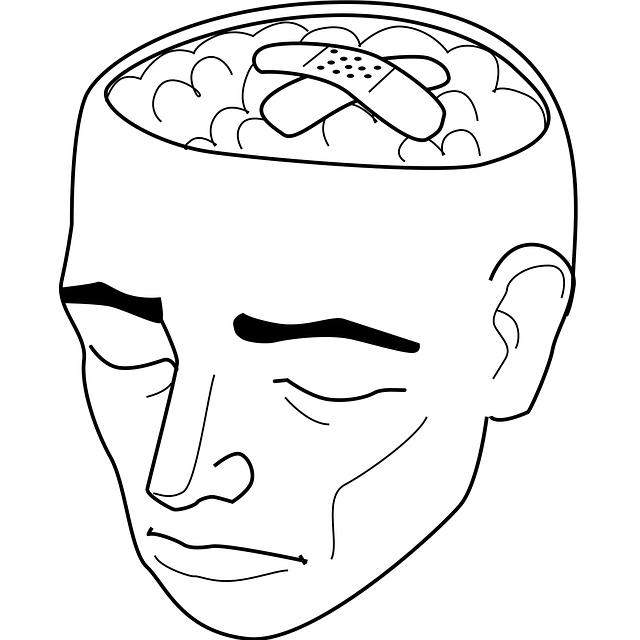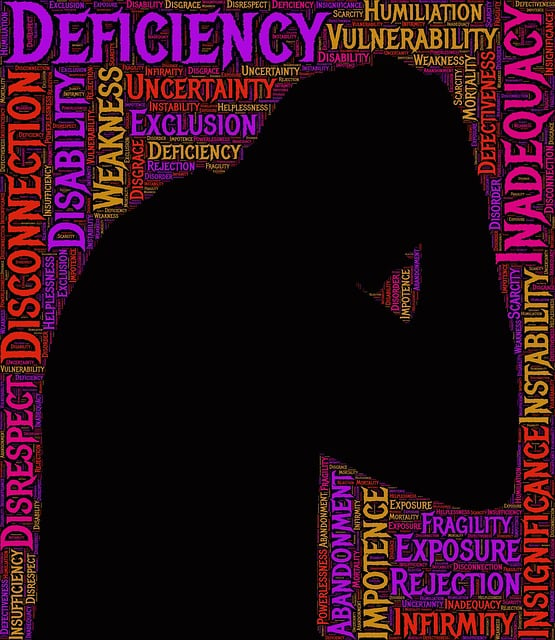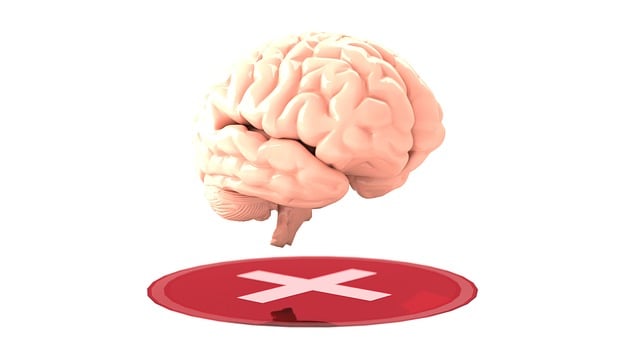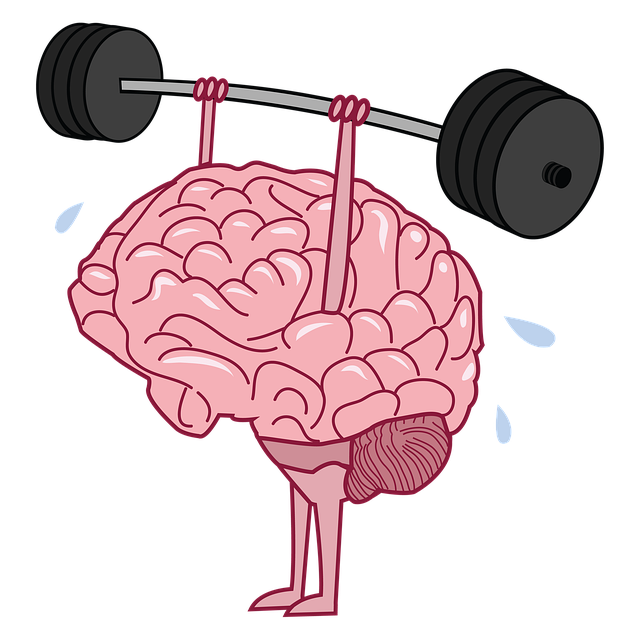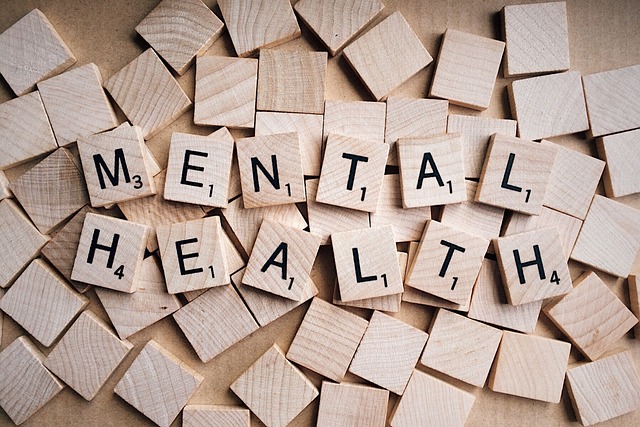Louisville faces unique challenges with adolescent and teen mental health, leading to high rates of substance abuse due to peer pressure, family issues, and trauma. To combat this, the city prioritizes Louisville Adolescent and Teen Therapy, reducing stigma, offering tailored trauma support, and providing culturally sensitive care. Key strategies include open communication at home, safe school environments, evidence-based therapies like CBT and MI, community engagement through support networks, and specialized services from therapy centers. These holistic approaches aim to empower teens with coping skills, reduce risk factors, and foster long-term recovery.
In Louisville, addressing substance abuse among adolescents and teens is paramount. This comprehensive guide explores effective risk reduction strategies, focusing on understanding teen substance abuse trends in the city. We delve into creating supportive environments at home and school, evidence-based therapies for prevention and intervention, and community engagement to facilitate long-term recovery. By integrating these strategies, Louisville adolescent and teen therapy services can better equip young individuals to navigate and overcome substance abuse challenges.
- Understanding Substance Abuse Risks among Adolescents and Teens in Louisville
- Creating a Supportive Environment at Home and School
- Evidence-Based Therapies for Prevention and Intervention
- Community Engagement and Access to Resources for Long-Term Recovery
Understanding Substance Abuse Risks among Adolescents and Teens in Louisville

Adolescence and teen years are a period of significant developmental changes and exploration, often marked by heightened risk-taking behaviors. In Louisville, understanding substance abuse risks among this demographic is essential due to the unique challenges they face. Many adolescents and teens struggle with mental illness, which can be exacerbated by peer pressure, family dynamics, or trauma—all factors that contribute to substance abuse. The city’s focus on Louisville Adolescent and Teen Therapy aims to address these issues head-on.
Efforts to reduce the stigma associated with mental illness play a crucial role in encouraging young individuals to seek help. Simultaneously, trauma support services tailored to this age group can prevent substance abuse by providing safe spaces for processing past traumas. Cultural sensitivity in mental healthcare practice is also vital, ensuring that diverse teen populations feel understood and supported, thereby fostering healthier coping mechanisms and reducing the likelihood of substance abuse.
Creating a Supportive Environment at Home and School

Creating a supportive environment is paramount in preventing and mitigating substance abuse among adolescents. At home, parents and caregivers can foster an atmosphere of open communication, where teens feel comfortable discussing their emotions and concerns without fear of judgment. Regular family gatherings, meals together, and shared activities strengthen bonds, encouraging honest conversations about pressure, stress, and emotional regulation. Additionally, involving teenagers in decision-making processes within the household promotes a sense of ownership and inner strength development.
Schools play a crucial role in risk management planning for mental health professionals by creating safe spaces for students to express themselves. Teachers and counselors should be trained to recognize signs of distress or potential substance abuse among teens. Implementing programs that focus on emotional regulation, stress management, and building resilience can significantly reduce the risk factors associated with adolescent substance abuse. Louisville Adolescent and Teen Therapy services can further support these efforts by offering specialized resources tailored to address the unique needs of young individuals navigating mental health challenges.
Evidence-Based Therapies for Prevention and Intervention

Evidence-based therapies play a pivotal role in preventing and intervening in substance abuse among adolescents and teens. One such approach is cognitive-behavioral therapy (CBT), which has proven effective in helping young individuals identify and change destructive thought patterns and behaviors related to drug use. CBT focuses on coping skills development, teaching teens how to manage stress, anxiety, and emotional challenges without resorting to substances.
Additionally, motivational interviewing (MI) is a powerful tool used by Louisville adolescent and teen therapy centers. MI aims to enhance motivation for behavior change by exploring ambivalence and strengthening an individual’s desire to make positive changes. This therapy, coupled with family-based interventions and support groups, can significantly reduce the risk of substance abuse, fostering better mental wellness coaching programs and promoting long-term recovery. Public awareness campaigns development and coping skills development strategies further strengthen these evidence-based approaches in creating a healthier, more resilient teen population.
Community Engagement and Access to Resources for Long-Term Recovery

Community engagement plays a vital role in reducing substance abuse among adolescents and teens in Louisville. By fostering connections within the community, individuals struggling with addiction can find support and access resources tailored to their needs. Local organizations and support groups often provide a safe space for open dialogue about challenges related to mental health and substance abuse. These initiatives encourage early intervention and prevent at-risk youth from descending into long-term addiction.
Additionally, Louisville Adolescent and Teen Therapy centers offer specialized services, including trauma support, self-awareness exercises, and positive thinking techniques. Such programs cater to the unique needs of young individuals, helping them develop coping mechanisms and build resilience. Access to these resources enables teens to break free from cycles of addiction, promoting long-term recovery and a brighter future.
Addressing substance abuse among adolescents and teens in Louisville requires a multi-faceted approach. By understanding the unique risks faced by this demographic, creating supportive environments both at home and in schools, implementing evidence-based therapies, and fostering community engagement, we can significantly reduce these risks. Access to specialized Louisville adolescent and teen therapy services plays a crucial role in prevention and intervention, while community resources are essential for long-term recovery. Together, these strategies can create a healthier future for our young people.
